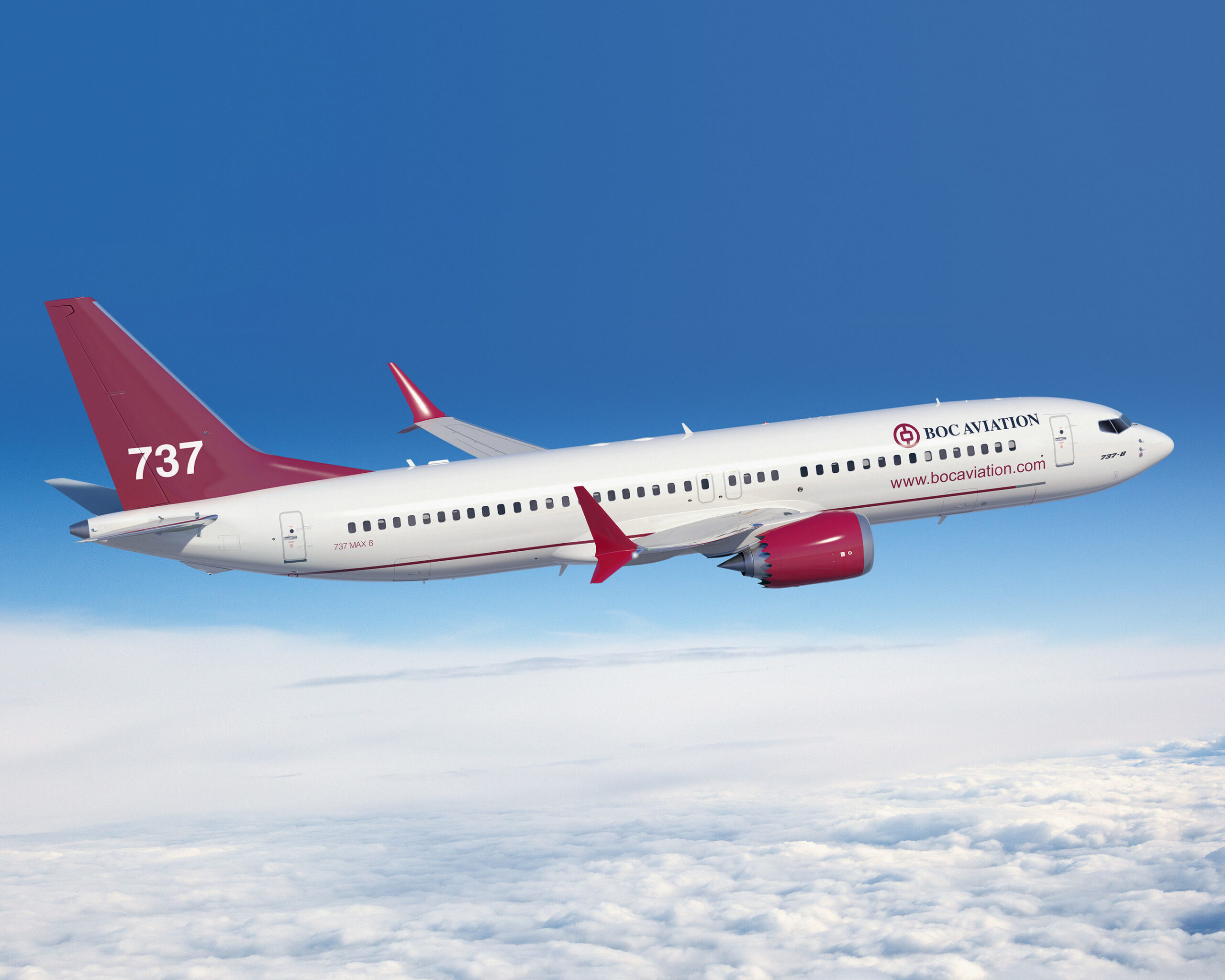
Key Points:
- BOC Aviation has ordered 50 Boeing 737 MAX aircraft to meet surging global demand.
- The deal spans multiple variants of the 737 MAX family, offering flexibility to suit various airline needs.
- Aircraft will be delivered through 2030, expanding the lessor’s modern, fuel-efficient portfolio.
- The 737 MAX reduces fuel consumption and CO₂ emissions by up to 20% compared to previous-generation aircraft.
BOC Aviation is doubling down on next-generation narrowbody aircraft with a newly signed agreement to purchase 50 Boeing 737 MAX jets, announced on March 30, 2025. This move follows the lessor’s recent Airbus A320neo order, confirming its strategy to provide fuel-efficient, in-demand aircraft for a diverse customer base.
The new Boeing jets will be delivered progressively through the rest of the decade and are set to serve airlines seeking to modernize their fleets and reduce operating costs.
A Vote of Confidence in the 737 MAX Family
The order includes aircraft from across the 737 MAX family, offering customers range, seating, and performance flexibility. These jets are designed to reduce fuel consumption by up to 20%, lower carbon emissions, and provide better economics per seat.
Steven Townend, CEO and Managing Director of BOC Aviation, noted:
“This order underscores our commitment to provide our airline customers with the most fuel-efficient and technologically advanced aircraft available, as they expand their fleets and grow their networks in a more sustainable way.”
Boeing’s Narrowbody Workhorse
With more than 5,600 orders globally, the 737 MAX continues to be Boeing’s single-aisle bestseller. The aircraft features:
- Advanced CFM LEAP-1B engines
- Aerodynamic improvements including split winglets
- Compatibility with SAF blends
- Operating commonality across MAX variants, reducing training and maintenance costs for airlines
Christy Reese, Boeing VP of Commercial Sales & Marketing for Asia Pacific, added:
“BOC Aviation has played a key role in the industry for decades. With this investment, they are reaffirming the value the 737 MAX brings to the market.”
Strategic Leasing Portfolio Expansion
This latest Boeing order builds on BOC Aviation’s ongoing commitment to maintain one of the youngest, most fuel-efficient fleets in the leasing sector. By diversifying across OEMs and platforms, the company enhances its flexibility and value proposition for customers across Asia-Pacific, Europe, the Americas, and beyond.
Looking Ahead
BOC Aviation’s new 737 MAX order sends a clear message: demand for modern, sustainable narrowbody aircraft is robust, and the world’s top lessors are gearing up for continued growth. With parallel commitments to Airbus and Boeing, the lessor is well positioned to support a broad range of airline needs into the next decade.

